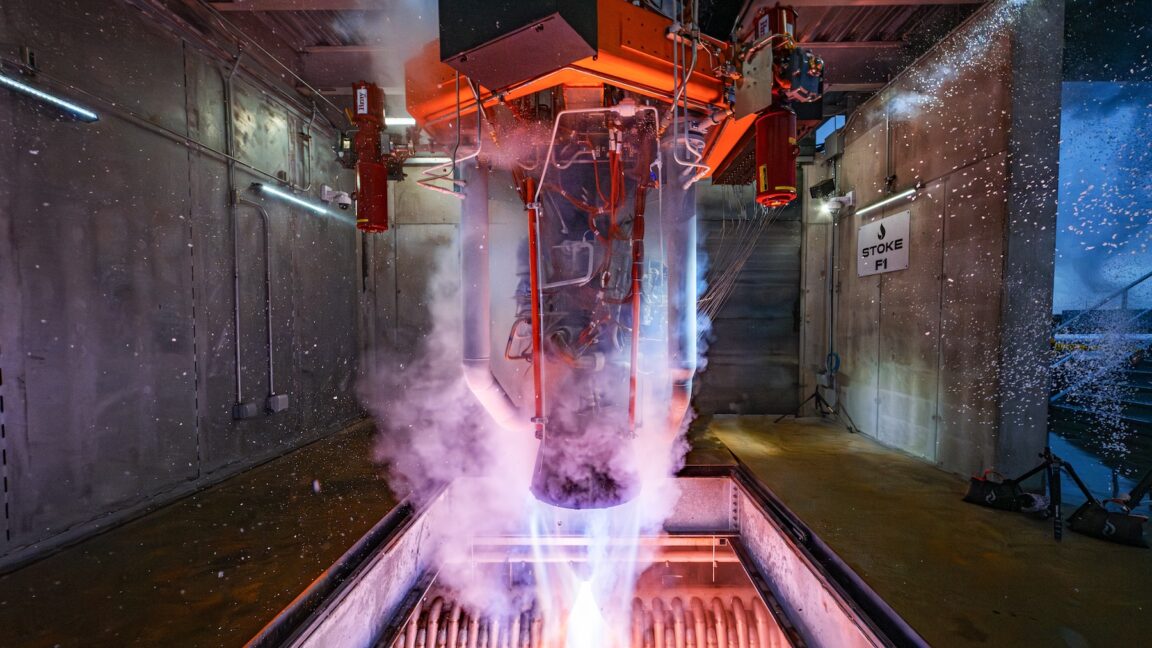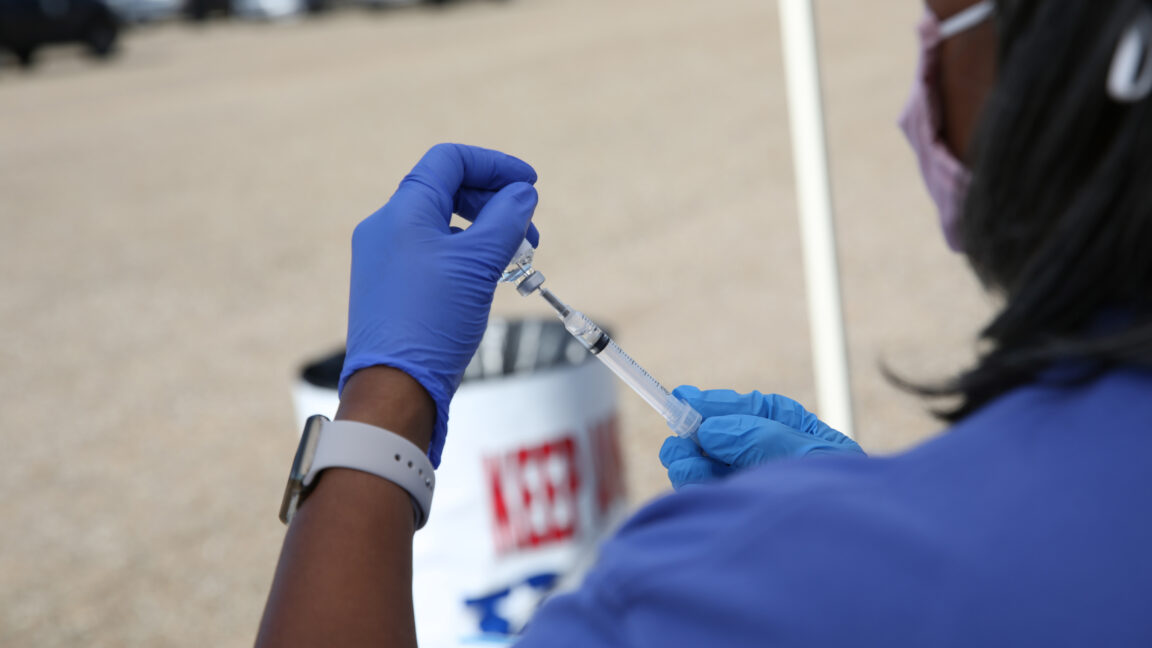Oura Wants Its Wearables to Revolutionize Pregnancy Studies

Pregnancy is notoriously difficult to study. It's hard to recruit participants, hard to find a large enough and diverse enough sample size and hard to find the time to conduct such laborious research. It may take nine months to carry a baby to term, but most medical studies last much longer, spanning years and, sometimes, even decades.
Oura, the health technology company known for its smart ring, wants to change the way pregnancy data is collected.
In a first-of-its-kind study, Oura—in partnership with Scripps Research Digital Trials Center—is planning to use the biometric changes of tens of thousands of its members to retrospectively analyze pregnancies that occurred in the past three years. The study aims to advance public understanding of pregnancy-related conditions and to identify potential warning signs of complications.
"The fact that we now have tools, like the Oura ring, that are sitting on your finger 24/7, capturing very rich, very high-resolution, accurate data about your physiology, your behavior, your context—it gives us an opportunity to approach science in a very different way," Shyamal Patel, Oura's senior vice president of science, told Newsweek. "We can actually do science in the real world, instead of doing science in this sort of constrained, clinical lab type of setting."
Dr. Robin Wallace, a medical advisor for family planning at the Planned Parenthood Federation of America, said one of the main advantages of using a retrospective study design is that it allows researchers to pull from very large databases.
"Whenever you can examine a data set that includes more individuals, you're going to get more information," Wallace told Newsweek. "That definitely can be a real strength."










